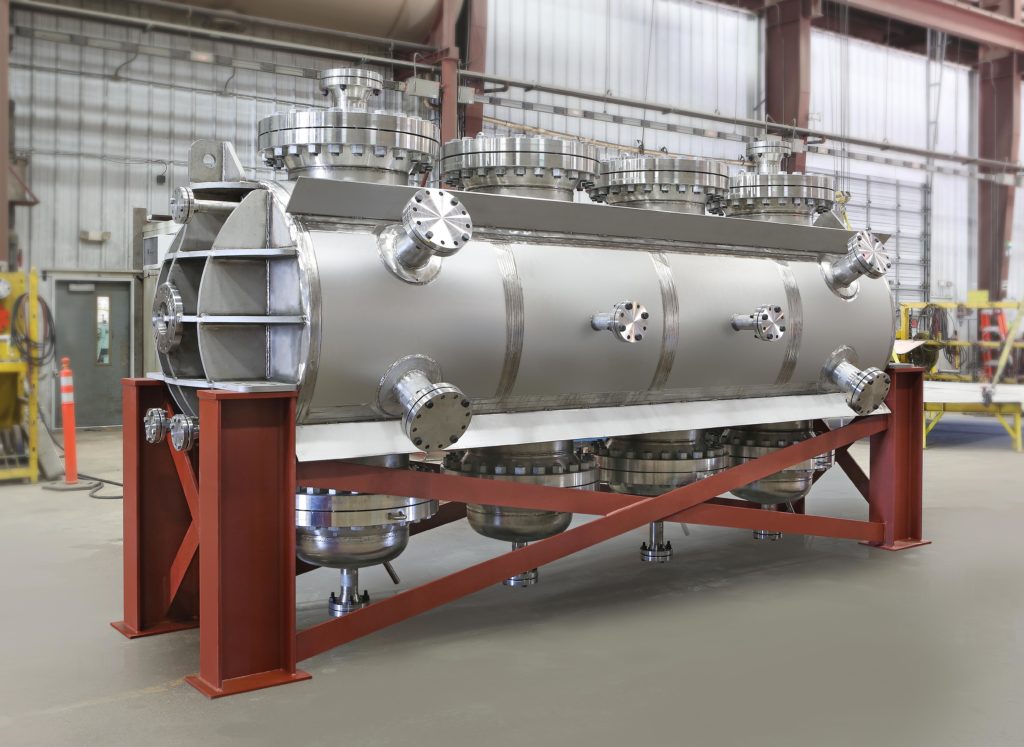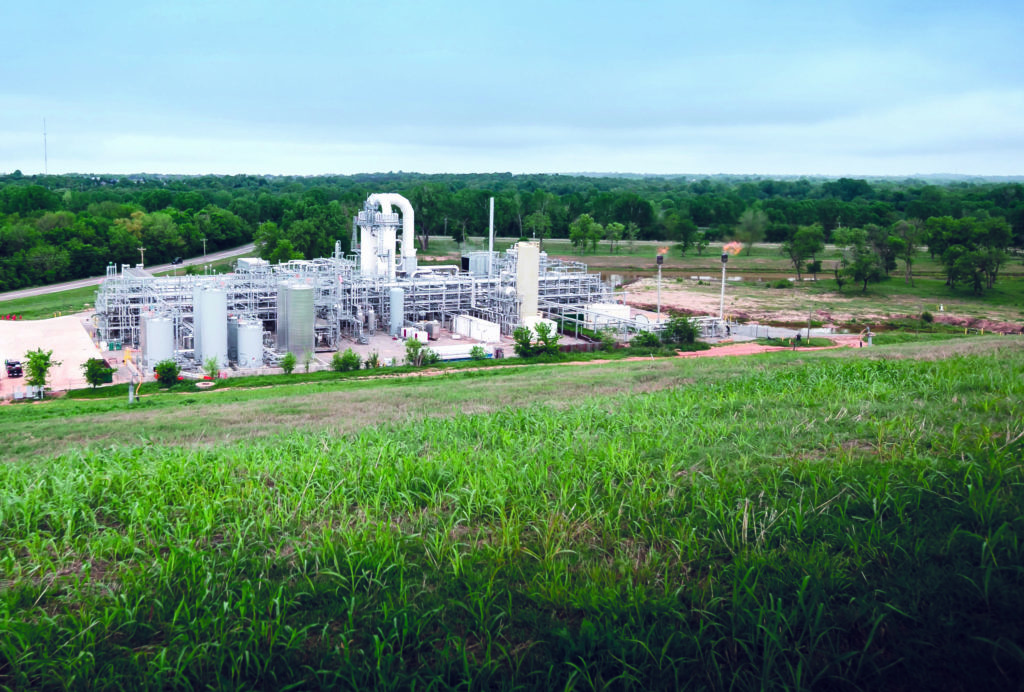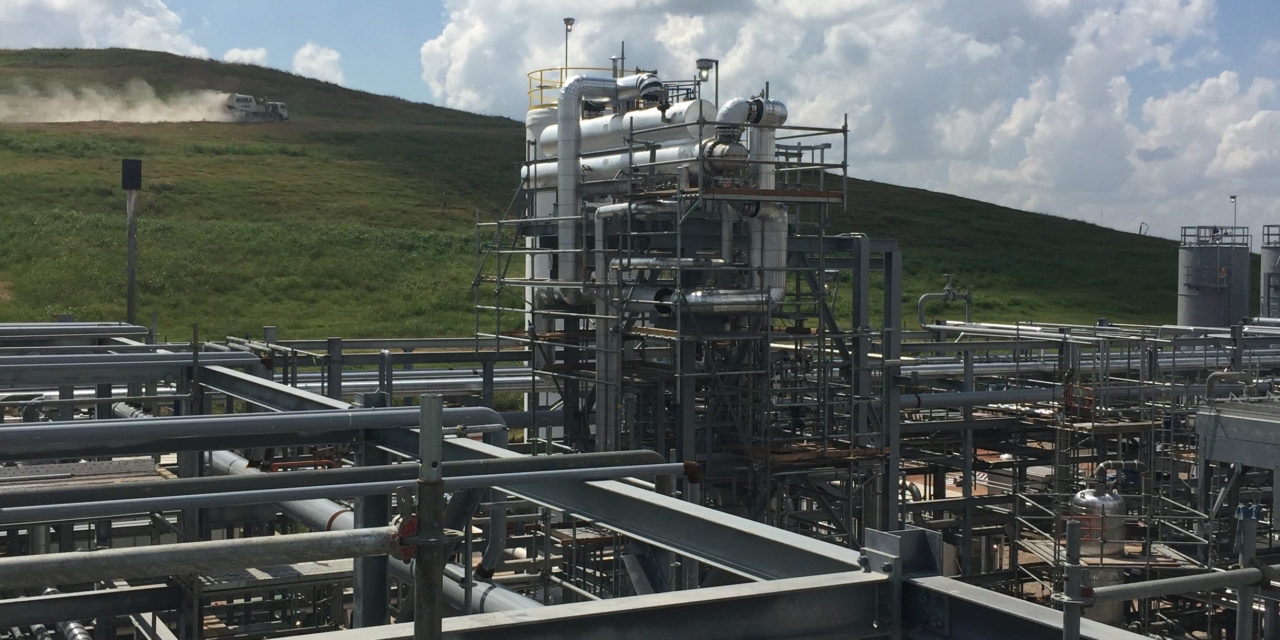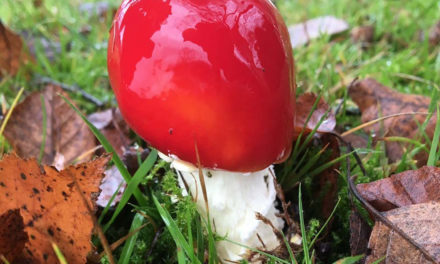Today’s dirty diapers, disposable coffee cups and meal packaging could soon power the airplanes we fly. Turning trash into fuel may seem like a fantasy from “Back to the Future,” but British Airways is one step closer to making it a reality.
The airline announced submission of plans for a state-of-the-art plant that would convert everyday, non-recyclable waste into cleaner-burning, sustainable aviation fuel. British Airways called it an “important step in the reduction of the airline’s carbon emissions towards the industry targets of carbon-neutral growth from 2020 and a 50% reduction by 2050 from 2005 levels.”
Fighting Greenhouse Gas
The renewable fuel is expected to reduce net greenhouse gases by 70% compared to the fossil fuel equivalent. That’s like taking 40,000 cars off the road each year!
British Airways said a 90% reduction in soot from aircraft engine exhausts and almost 100% reduction in sulfur oxides are anticipated. The technology also offers a lower emissions route to process UK waste than incineration or landfill.

Everyday, non-recyclable waste will be converted into cleaner-burning, sustainable aviation fuel. Photo courtesy of British Airways
Major Milestone
“The submission of the planning application marks a major milestone in this project, and we are delighted with the progress being made,” said British Airways Chairman and CEO Alex Cruz. “Sustainable fuels can be a game-changer for aviation which will help power our aircraft for years to come. This development is an important step in the reduction of our carbon emissions and meeting the industry targets of carbon-neutral growth from 2020, and a 50% in CO2 reduction by 2050 from 2005 levels. It also brings the UK another step closer to becoming a global leader in sustainable aviation fuels.”
The airline is also calling for a dedicated Office for Sustainable Aviation Fuels to provide the coordination necessary to progress development in the technology and improve fuel supply and resilience.
A Leader in Waste to Fuels
British Airways has been the leader in the development of the waste to fuels pathway since 2010. The airline led the conversation with the UK Government to get waste-based fuels included in the RTFO (Renewable Transport Fuels Obligation) in the UK, which was achieved in 2018.
The airline’s collaboration with Velocys was first announced in September 2017. It’s part of the airline’s plans to develop long-term, sustainable fuel options and find solutions to help reduce aviation emissions, which contribute 2% of CO2 emissions globally.

Altalto Immingham Limited, a subsidiary of renewable fuels company Velocys and a collaboration with British Airways and Shell, has submitted a planning application to develop the site in Immingham, North East Lincolnshire, close to the Humber Estuary. Photo courtesy of British Airways
Cleaner Air and More Jobs
The plan was submitted by Altalto Immingham Limited, a subsidiary of renewable fuels company Velocys and a collaboration with British Airways and Shell. The site will be developed in North East Lincolnshire near the Humber Estuary.
The development is expected to bring hundreds of millions of pounds of investment, hundreds of construction jobs and approximately 130 permanent jobs to the region.
Subject to planning and funding decisions, the plant is due to begin construction in 2021. Production of commercial volumes of Sustainable Aviation Fuel will begin in 2024.




